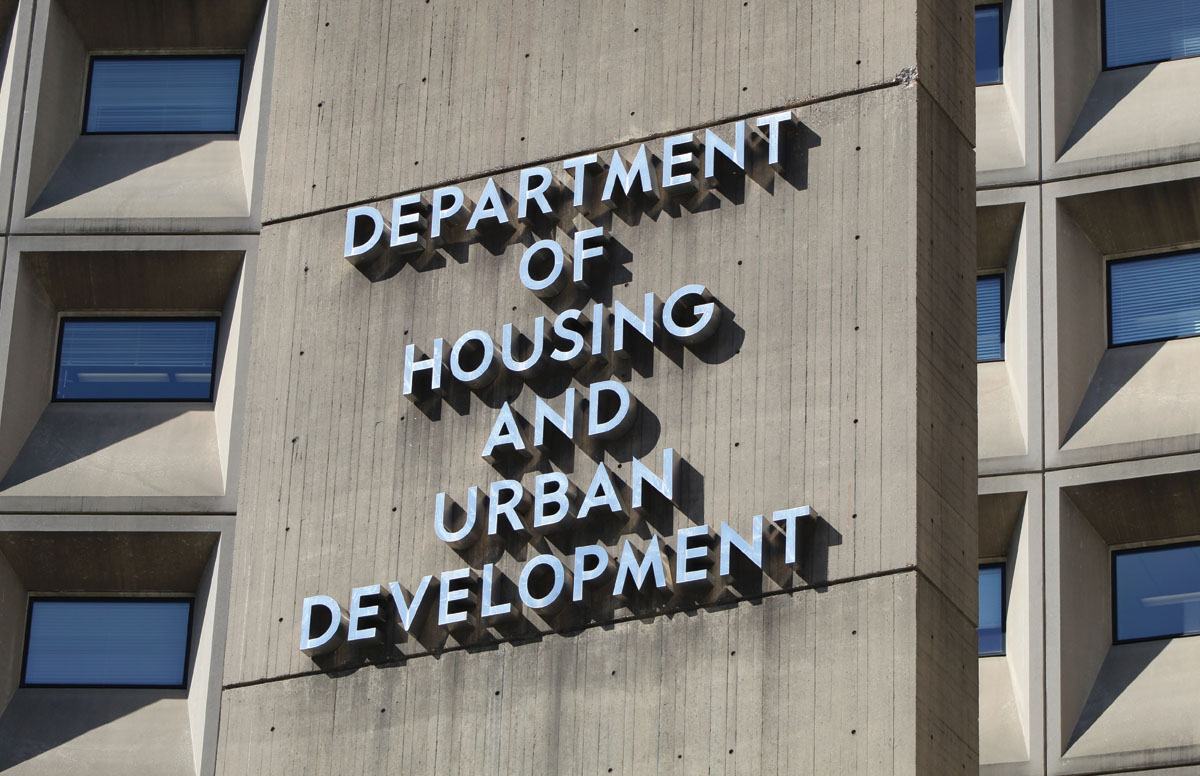September 30, 2025
Impact of a Lapse in Appropriations: HUD

Are you a member? Click LOGIN at the top of this page.
Not a member? Join now.
Having trouble? Email us for help.

Most Recommended
October 15, 2025
 Shutdown Week Three: Impact of Ongoing Closure on Affordable Housing
Shutdown Week Three: Impact of Ongoing Closure on Affordable Housing
February 14, 2026
Fiscal Year (FY) Funding 2026
October 07, 2025
Immigrant Workforce Matching Program Brings Workforce Relief
Recently Added
February 20, 2026
House Overwhelmingly Passes Housing for the 21st Century Act
February 20, 2026
HUD Proposes Immigration Eligibility Changes for "Mixed Status" Families
February 20, 2026
TPS Terminations: LeadingAge Explains Member Impact To Congress
February 18, 2026



